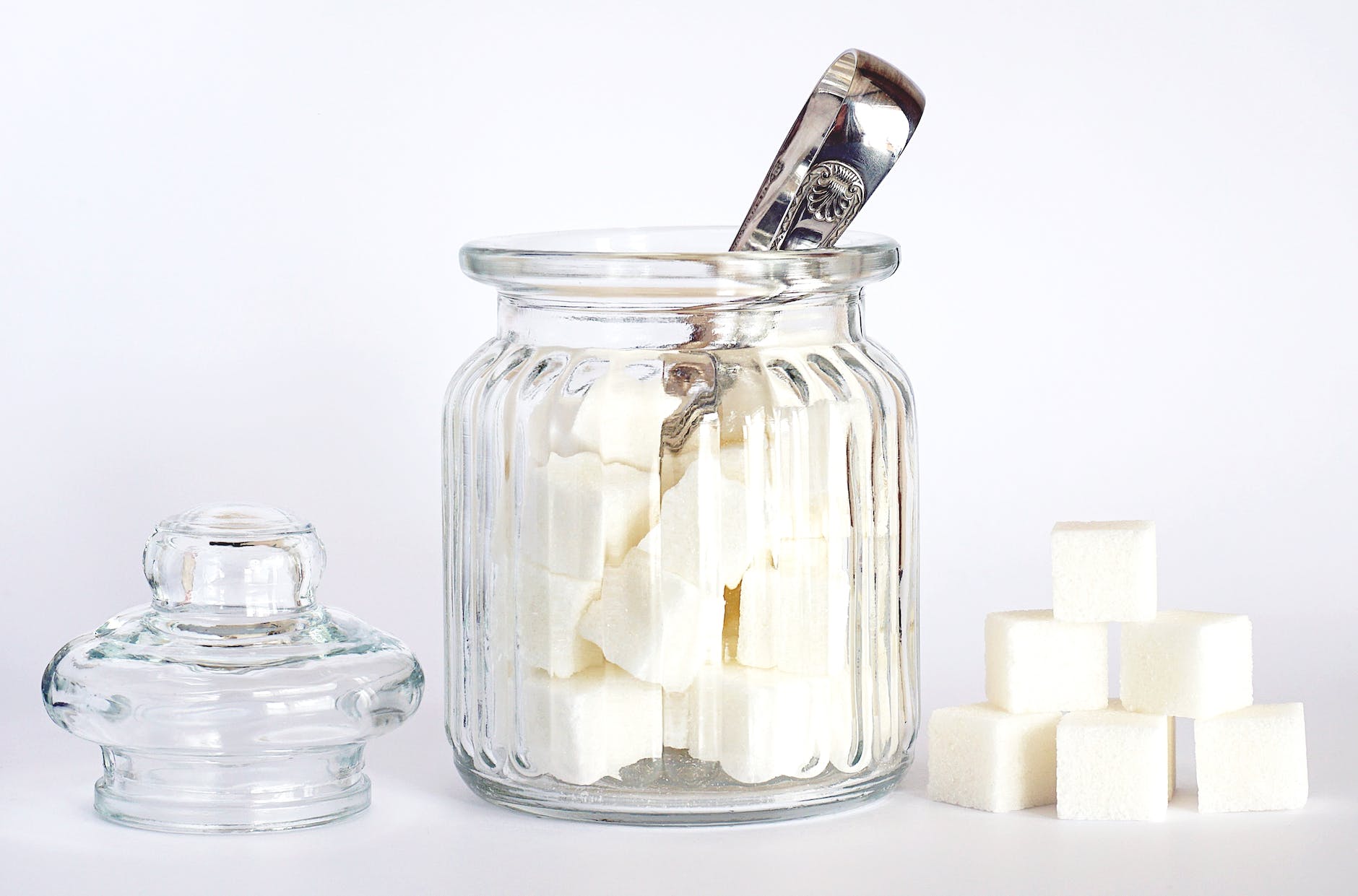Embarking on a sobriety journey is a courageous decision that can have a profound impact on your overall well-being. While quitting alcohol has numerous health benefits, one aspect that often emerges is weight loss. In this post, we’ll explore the relationship between sobriety and weight loss, uncovering the factors that contribute to shedding those unwanted pounds and achieving a healthier lifestyle. Get ready to discover how the sobriety challenge can be a stepping stone to reaching your weight loss goals! 🚫🍷🏋️♂️💪
🚫 Breaking Free from Alcohol’s Impact on Weight: Alcohol consumption can impede weight loss and even contribute to weight gain. Here’s why:
1️⃣ Empty Calories: Alcoholic beverages are often high in calories but offer little to no nutritional value. These empty calories can quickly add up, leading to weight gain over time. Cutting out alcohol eliminates a significant source of empty calories from your diet.
2️⃣ Disrupted Metabolism: Alcohol affects your body’s metabolism, making it less efficient at burning fat. When you drink, your body prioritizes metabolizing alcohol over other macronutrients. This can slow down your metabolism and hinder weight loss progress.
3️⃣ Increased Appetite and Poor Food Choices: Alcohol can stimulate your appetite and lead to cravings for unhealthy, calorie-dense foods. It can also impair your judgment and decision-making abilities, making you more likely to indulge in unhealthy food choices while under the influence. By eliminating alcohol, you can regain control over your food choices and make healthier decisions.
🍷🏋️♂️ The Weight Loss Benefits of Sobriety: Quitting alcohol can offer several weight loss benefits, including:
1️⃣ Caloric Reduction: By removing alcohol from your diet, you eliminate a significant source of empty calories. This reduction in calorie intake can create a calorie deficit, promoting weight loss over time.
2️⃣ Improved Metabolism: With alcohol out of the equation, your metabolism can regain its efficiency. This means your body can more effectively burn fat and support weight loss efforts.
3️⃣ Enhanced Nutrient Absorption: Alcohol can impair the absorption of essential nutrients, depriving your body of vital vitamins and minerals. By quitting alcohol, you allow your body to absorb nutrients optimally, supporting overall health and weight management.
4️⃣ Increased Energy and Physical Activity: Sobriety often leads to increased energy levels, better sleep patterns, and improved physical performance. With renewed energy and motivation, you’ll be more inclined to engage in regular exercise and physical activity, further supporting your weight loss journey.
💪🌿 Tips for Weight Loss on the Sobriety Journey: As you embark on your sobriety journey, consider incorporating the following tips to maximize weight loss:
1️⃣ Prioritize Whole Foods: Focus on consuming nutrient-dense whole foods such as fruits, vegetables, lean proteins, whole grains, and healthy fats. These foods provide essential nutrients and support overall health.
2️⃣ Stay Hydrated: Drink plenty of water throughout the day to stay hydrated and support your body’s natural detoxification processes. Water can also help curb cravings and maintain a sense of fullness.
3️⃣ Engage in Regular Exercise: Incorporate regular physical activity into your routine. Choose activities you enjoy, whether it’s walking, jogging, cycling, yoga, or any other form of exercise that gets your body moving and helps burn calories.
4️⃣ Seek Support: Consider joining a support group or seeking professional help to navigate your sobriety journey. Surrounding yourself with a supportive community can provide encouragement, accountability, and guidance along the way.
🚫🍷🏋️♂️💪 Embrace Sobriety as a Catalyst for Weight Loss: Quitting alcohol is a significant step towards better health, and weight loss can be an exciting byproduct of your sobriety journey. By eliminating empty calories, improving your metabolism, making healthier food choices, and engaging in regular exercise, you can harness the power of sobriety to achieve your weight loss goals and lead a more fulfilling, balanced life.










